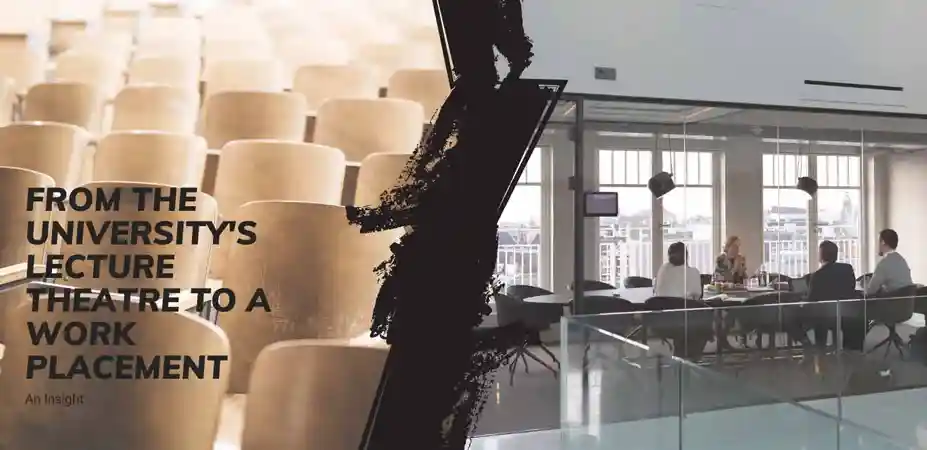
At this time one of the questions that Developers will be asking themselves is what impact will Coronavirus have on the construction industry? After all, this is an industry that we all depend on to construct, modify, repair and maintain the buildings that we create and own.
Longer term the answer to this question will inevitably depend on how long the current ‘lockdown’ continues for. But the immediate impact is apparent.
The Government advice has been clear and consistent. Sites should remain open so long as they comply with the guidelines for social distancing. In practice though many Contractors have seen this advice as incompatible with their obligations to protect the health and safety of their workforce and have closed sites anyway. It remains to be seen what the fall out from this might be contractually, but few would argue with the moral grounds for this decision.
We have also seen a wave of salary cuts, recognition of the impact that closing sites will have on Contractor’s cash flow, but also, I think, evidence that Contractors have learned the lessons of 2008 where they arguably reacted too slowly to the emerging financial crisis.
One of the unintended consequences of the Governments decision to pay 80% of the salaries of furloughed staff up to £2,500 per month is that staff who could be working remotely are not doing so because to do so disqualifies the Employer from this subsidy. This is frustrating when the fact is that there is much work that can continue to be done remotely at this time to advance projects such as completing designs and procuring work packages.
The temptation for these companies will be to ‘hunker down and ride the storm’. But those companies that recognise and adapt to this current situation are those that will achieve competitor advantage as the industry begins to emerge from the crisis.
Looking ahead, we are advised to expect further ‘waves’ of the virus until a vaccine has been deployed and this will inevitably involve restrictions and consequential disruption. It is therefore reasonable that Contractors will ask for Covid 19 clauses in contracts to deal with this situation. But I do not expect the impact of this to be as long or deeply felt as it is currently.
This industry is used to dealing with the boom and bust of economic cycles and has proven itself to be robust in the past. Yes, the industry will need to adapt and yes, there will be casualties. But it is my belief that the industry will recover and will emerge from this crisis stronger and better able to weather future storms.











